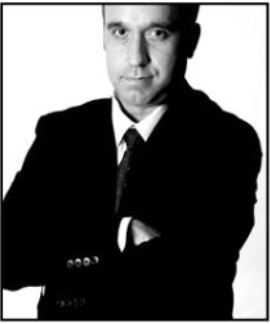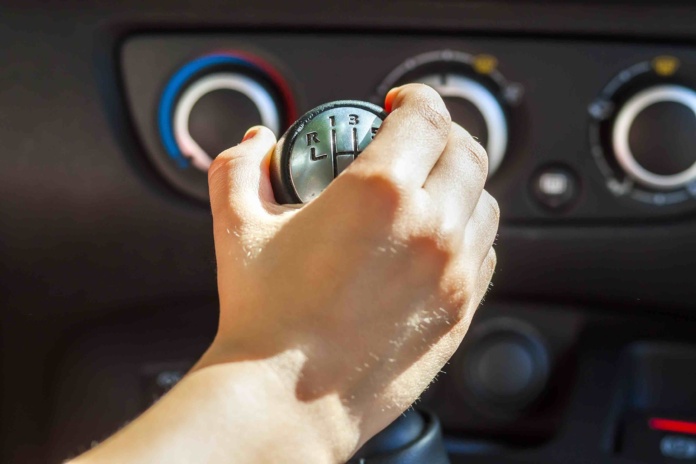Macau Business magazine l June 2024

By José Carlos Matias – Director
The recent seven-day visit of Xia Baolong, Beijing’s top official in charge of the SARs, was no ordinary “inspection”.
It was the second tour of its kind in one year, mirroring Xia’s visits to the neighbouring Hong Kong SAR. And for Macau it carried a different tone, substance and context compared to the one in May 2023. A key takeaway was the focus on “polishing the golden business card of Macau as an international metropolis”. While those less enthusiastic might suggest this sounds like “old wine in new bottles”, we believe that Xia’s message, with such emphasis at this juncture, carries special significance.
It brings to light unfinished tasks and serves as a mobilising and encouraging factor in the drive to meet targets and swiftly implement policies. Government and key economic and social actors are required to rise to the challenge. We need to get this right. The city’s “internationalisation” bar has just been raised by the central authorities – a much-welcome development.
As suggested by the Director of the Hong Kong and Macau Affairs Office, leveraging the SAR’s advantages is of paramount importance. These advantages are closely intertwined with Macau’s distinctive features, which can be turned into a maximised competitive edge. This may sound self-evident, but some in the local elite need to be constantly reminded of the fact.
It’s all about making up for lost time, speeding up and improving ongoing initiatives, and stopping the dragging of feet in key areas. At the risk of sounding like a “broken record”, we reiterate: bold measures are more advisable than a piecemeal approach.
As suggested by Xia Baolong leveraging the SAR’s advantages is key. These advantages are closely intertwined with Macau’s distinctive features. This may sound self-evident, but some in the local elite need to be constantly reminded of the fact
A polished international metropolis implies stronger efforts in welcoming more highly skilled professionals from around the world. That metropolis should have the ambition to compete with peer hubs such as Singapore, Hong Kong and Dubai in attracting top-notch talent in designated areas. The talent attraction scheme, launched last year, was presented as the missing tool to level up the city’s attractiveness. It was certainly a key step, but is it yielding results quickly and broadly enough given the intense competition from metropolises in Greater China and the Asia-Pacific region? The case for recalibrating and expanding this mechanism is growing stronger.
On the visitation front, while tourism recovery gains steam, there remains a gap between the pace of recovery of overall visitors and that of foreign arrivals. As we move forward, one expects that gap to gradually close, hopefully as a result of the intense promotional roadshows recently held in Southeast and Northeast Asia. Additional moves are expected in this respect. Here, the expansion of multilingual customer service surfaces as a key direction, which also implies further opening the imported labour door, in addition to better equipping the local workforce.
It’s all about making up for lost time, speeding up and improving ongoing initiatives, and stopping the dragging of feet in key areas
An issue – a rather embarrassing one – that has been plaguing visitor experience and annoying locals is the same old taxi woes. Old habits die hard, right? The long-awaited additional 500 licences to be awarded may be a step forward, but it’s likely to be too little, too late. Tackling the taxi lobby’s vested interests head-on is a must, as is implementing thoughtful arrangements allowing ride-sharing services and platforms, which are tested and well-functioning elsewhere (starting in the neighbouring Greater Bay Area cities).
All this can leverage the important “tourism+” strategy, which emerges as a key pillar in polishing Macau’s international allure. This is reflected in the “City of Performing Arts” and “City of Sports Events” directions. While there has been much focus on developing the city’s concert economy – more international acts are highly desirable in this respect – sports events are also a key direction, as elaborated in this issue’s special report. As we are one year away from being one of the host cities of the National Games, this is, as we point out, “an opportunity that cannot be missed” for Macau, nearly two decades after the SAR was home to the East Asian Games, the first of three multisport international events held between 2005 and 2007.
All in all, with the bar raised and higher stakes, it’s time to jump higher and shift gears.




















